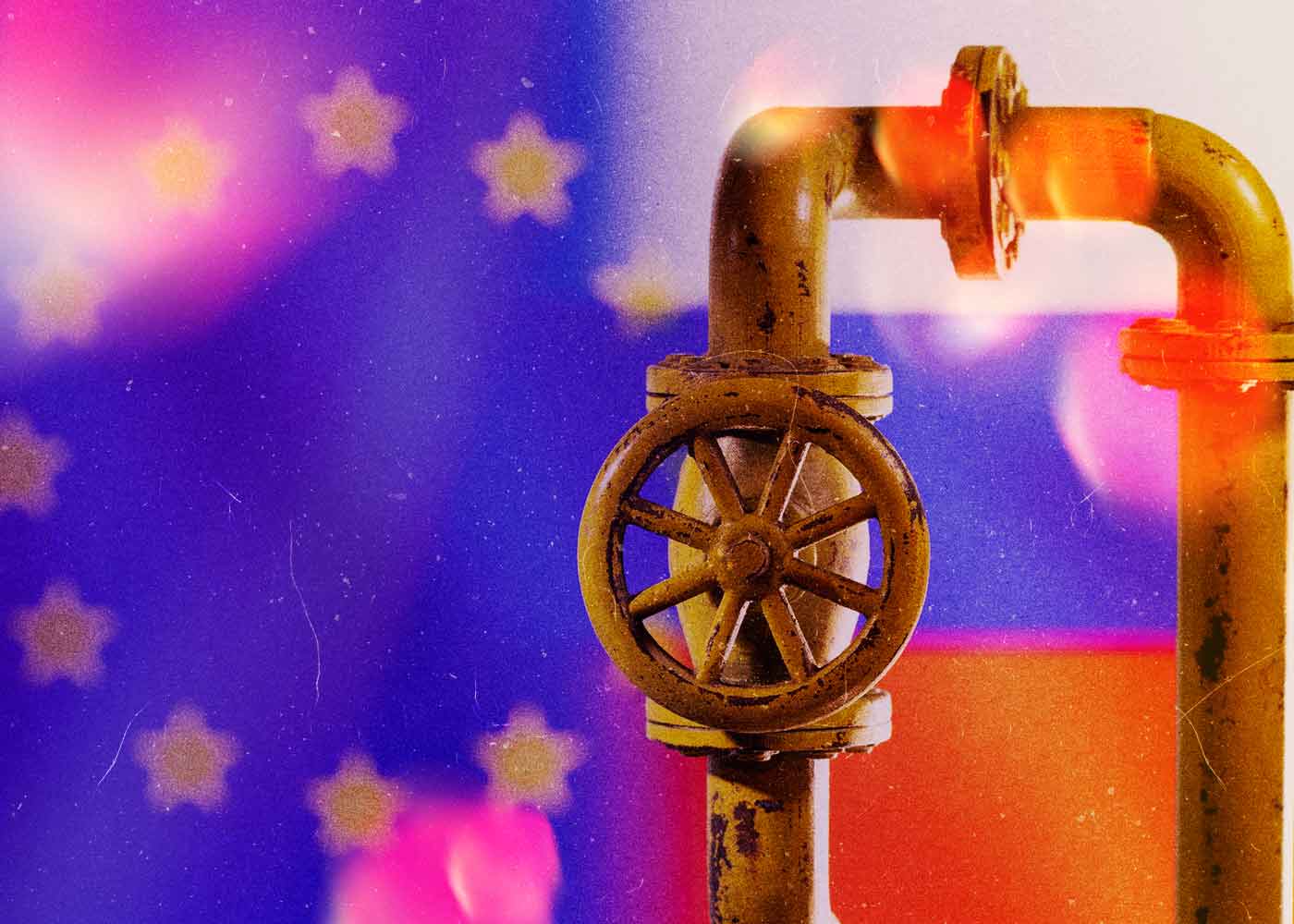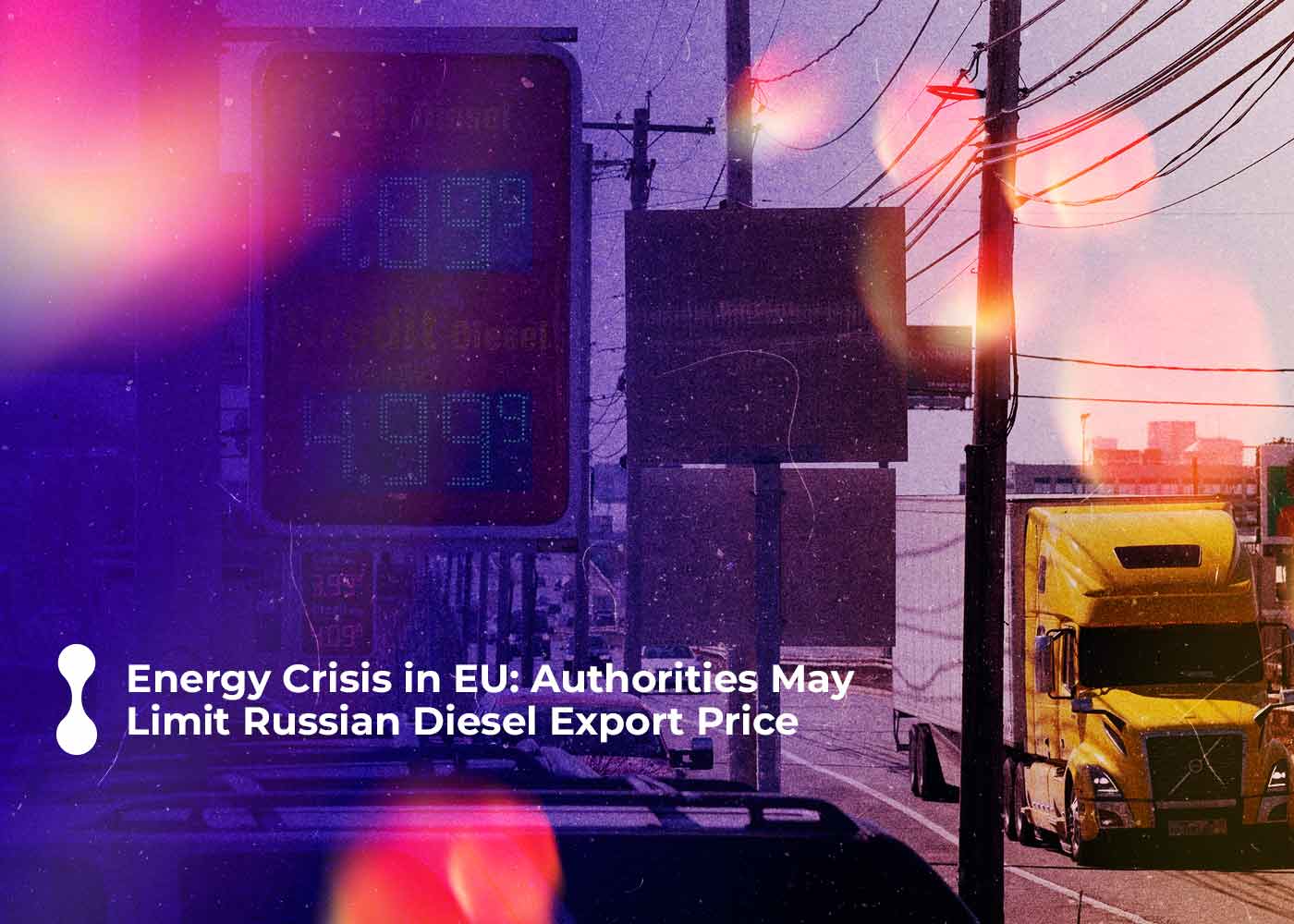On Friday, representatives from the EU and its international partners forced Russia to accept a hard-fought agreement in which it must sell petroleum products such as diesel at or below $100 per barrel. Several diplomats in Brussels approved this groundbreaking price limit of 91 euros (per 159 liters) after lengthy negotiations with Russian authorities.

The Increase In Prices Should Be Prevented
The purpose of the price cap is to deter drastic rate hikes on global markets and also provide relief for third-party countries. Furthermore, it ensures that Russia will no longer reap economic benefits from surging diesel prices to increase its military expenditure. Since its implementation last December, the European Commission has predicted that this upper limit on pricing Russian crude oil to foreign nations costs Russia approximately 160 million euros daily.
The oil embargo, decided by the EU in June, is supported by a price cap. This will bar the acquisition of crude oil and certain petroleum items from Russia to the European Union effective December 5th for crude oil and Sunday for other products such as diesel. Still, there are exceptions granted to countries like Hungary.
These Regulations Are Intended To Block Russia’s Income
Urging the need to limit Russia‘s capacity for warring against Ukraine, EU Commission President Ursula von der Leyen states that the European Union’s import prohibition of Russian petroleum items will take effect on Sunday. She adds, “Alongside our G7 partners, we are establishing price ceilings for these products, which should reduce revenues from Russia yet secure continuous global energy markets simultaneously.”
You might check out: SberBank’s Investment Strategy in the Cryptocurrency Market: Which Coin Will They Choose?
